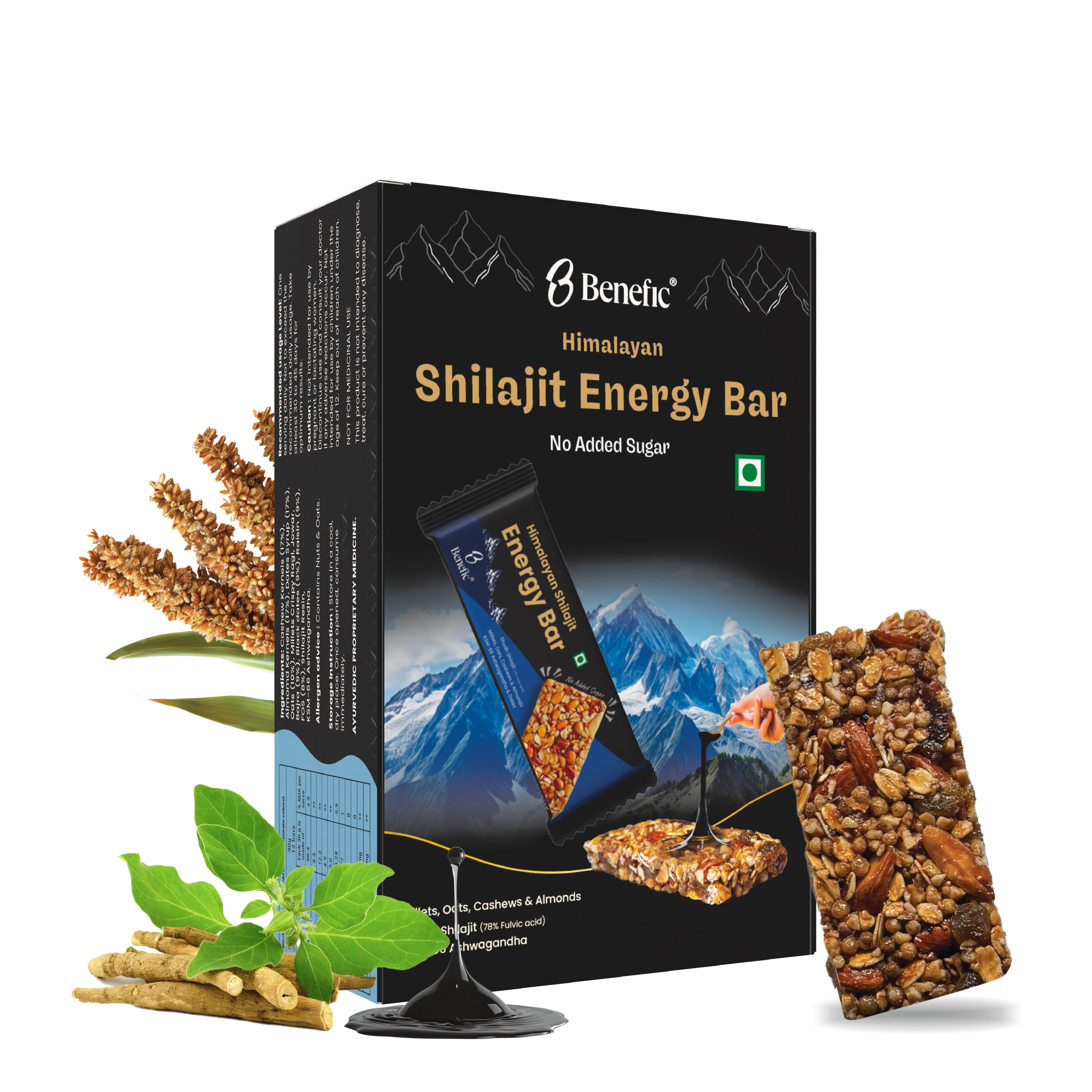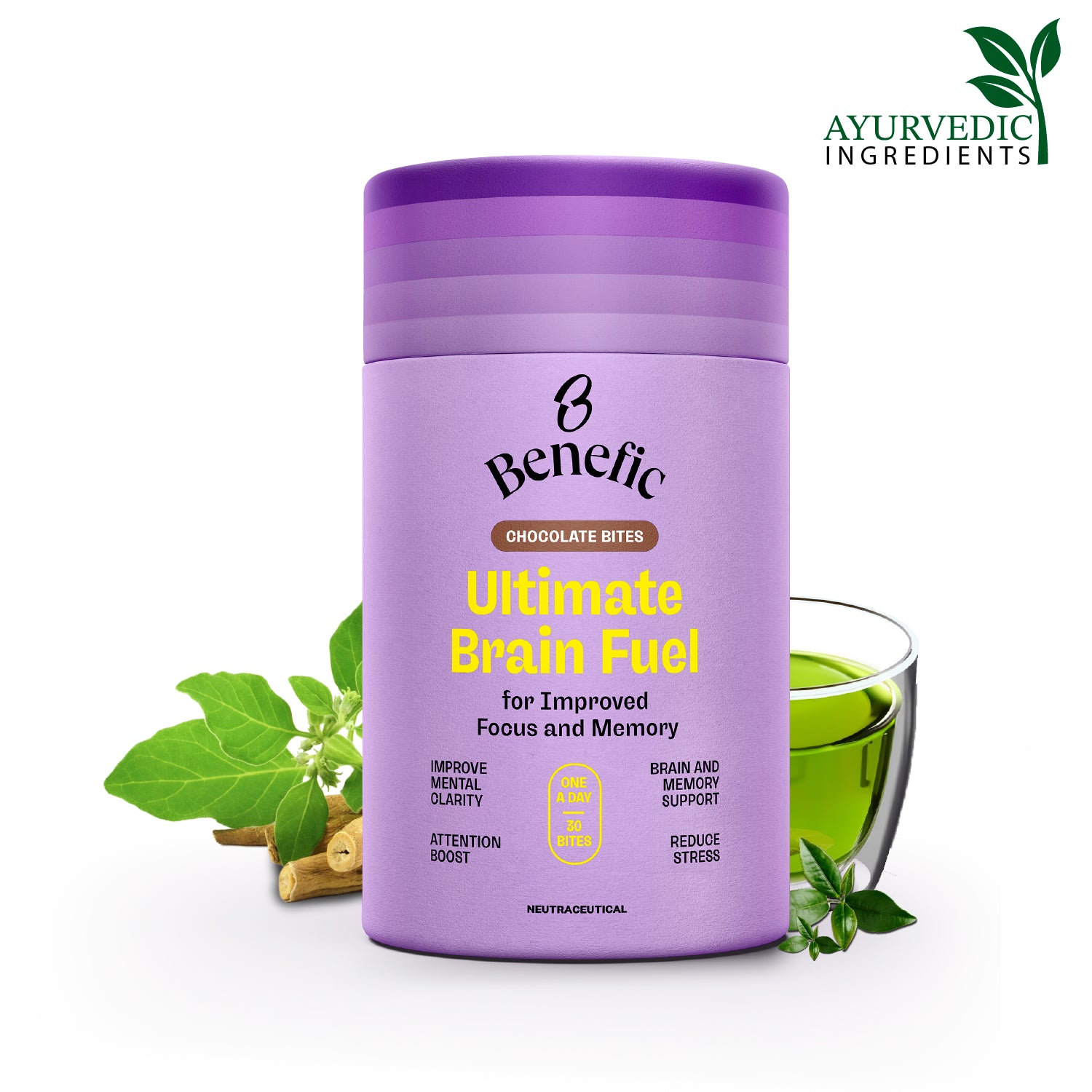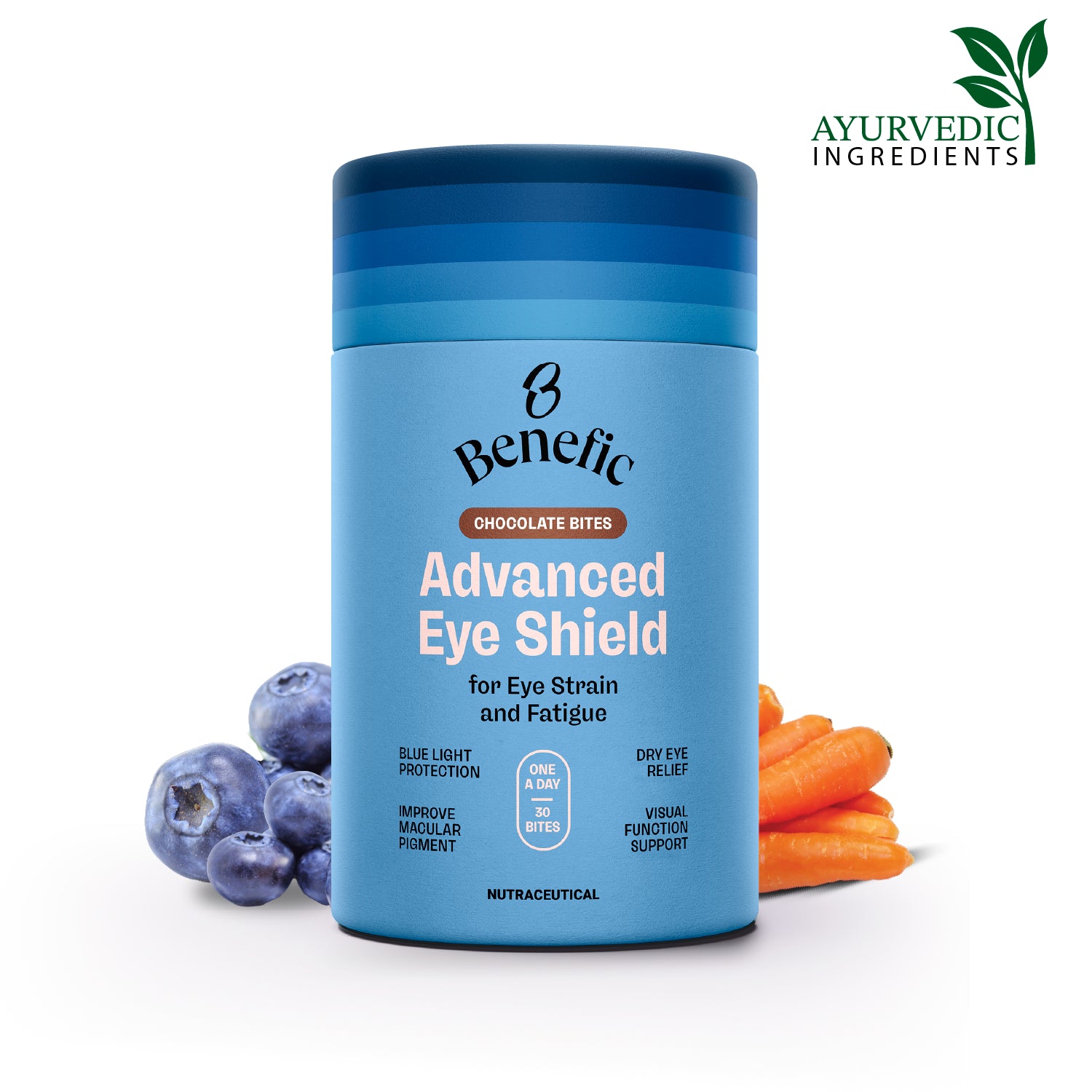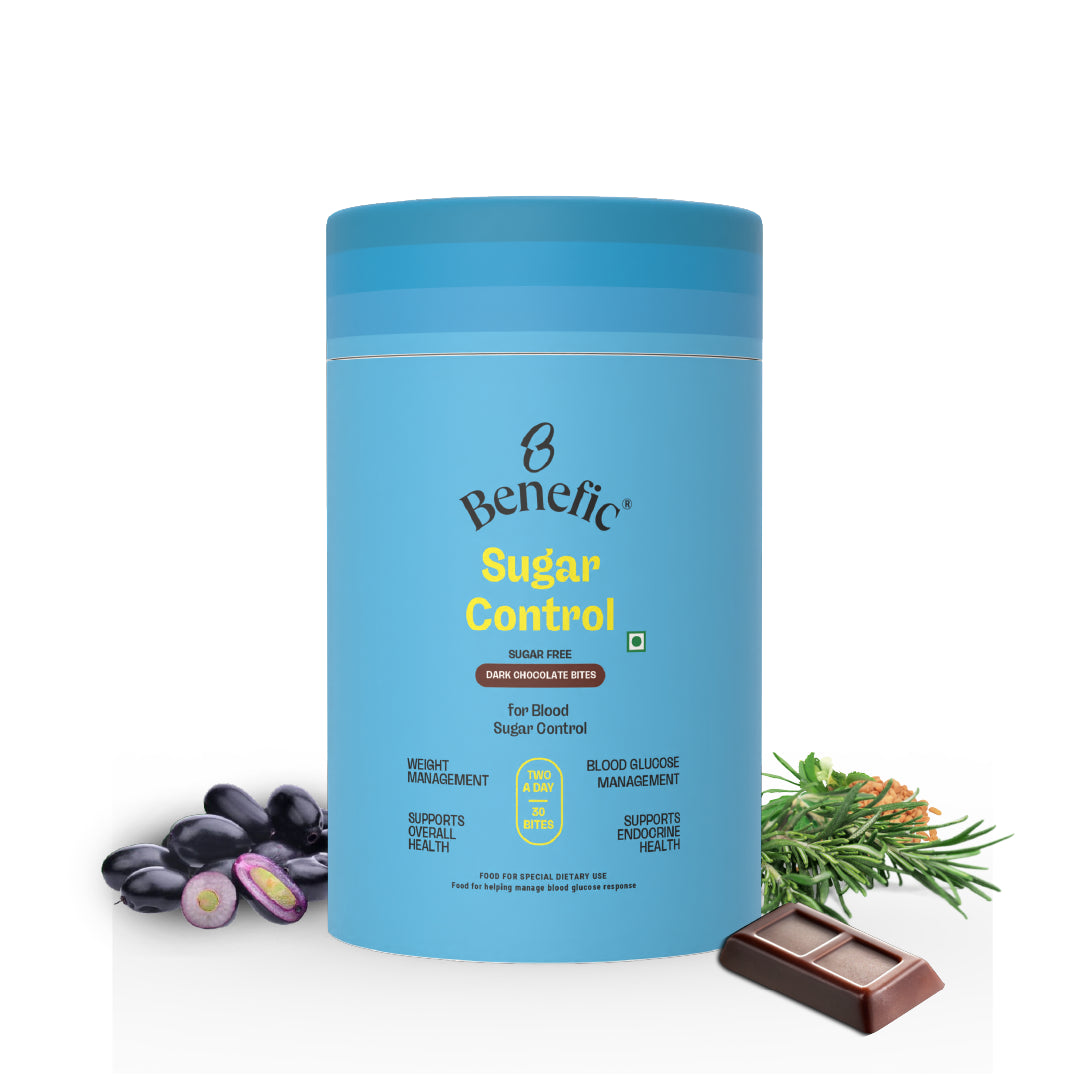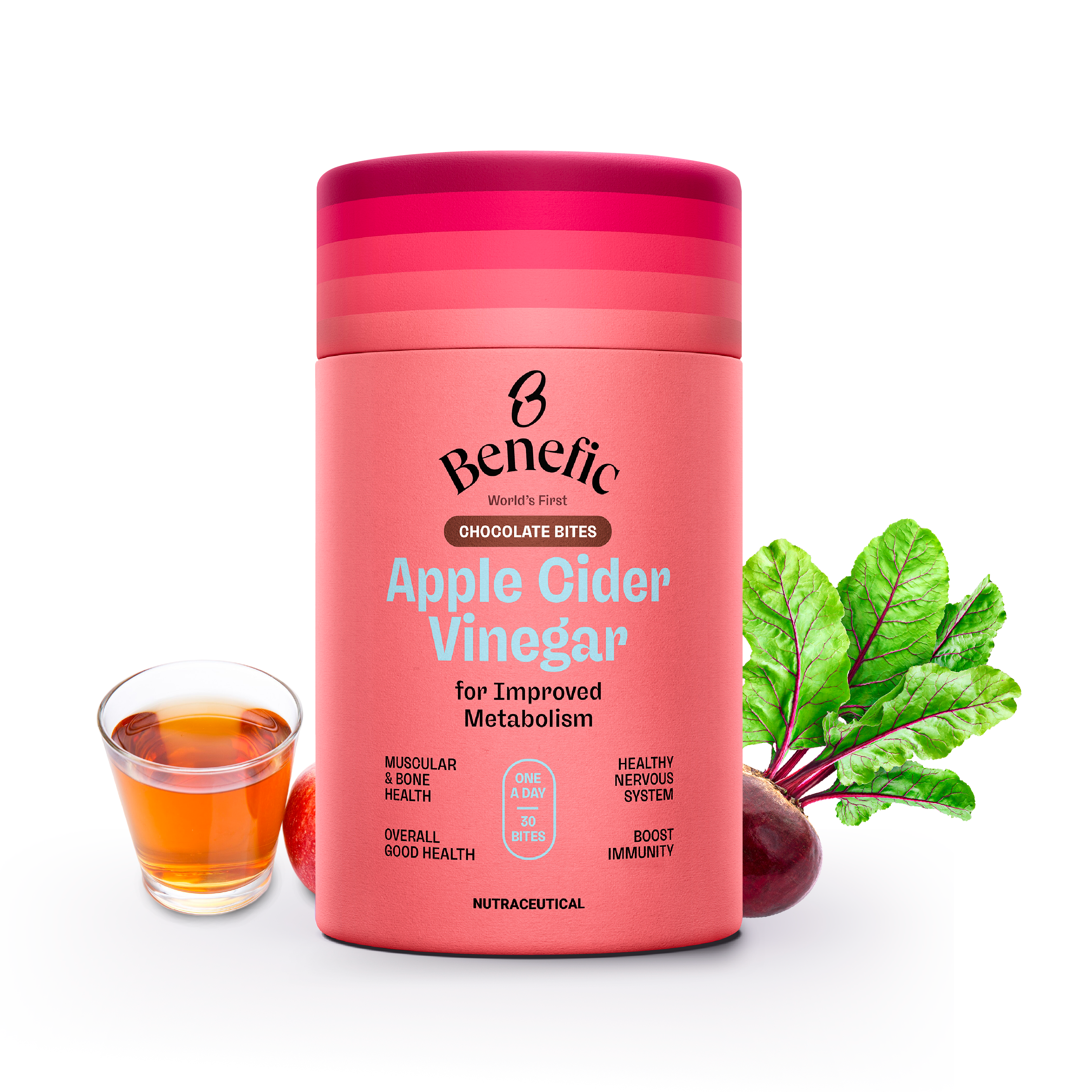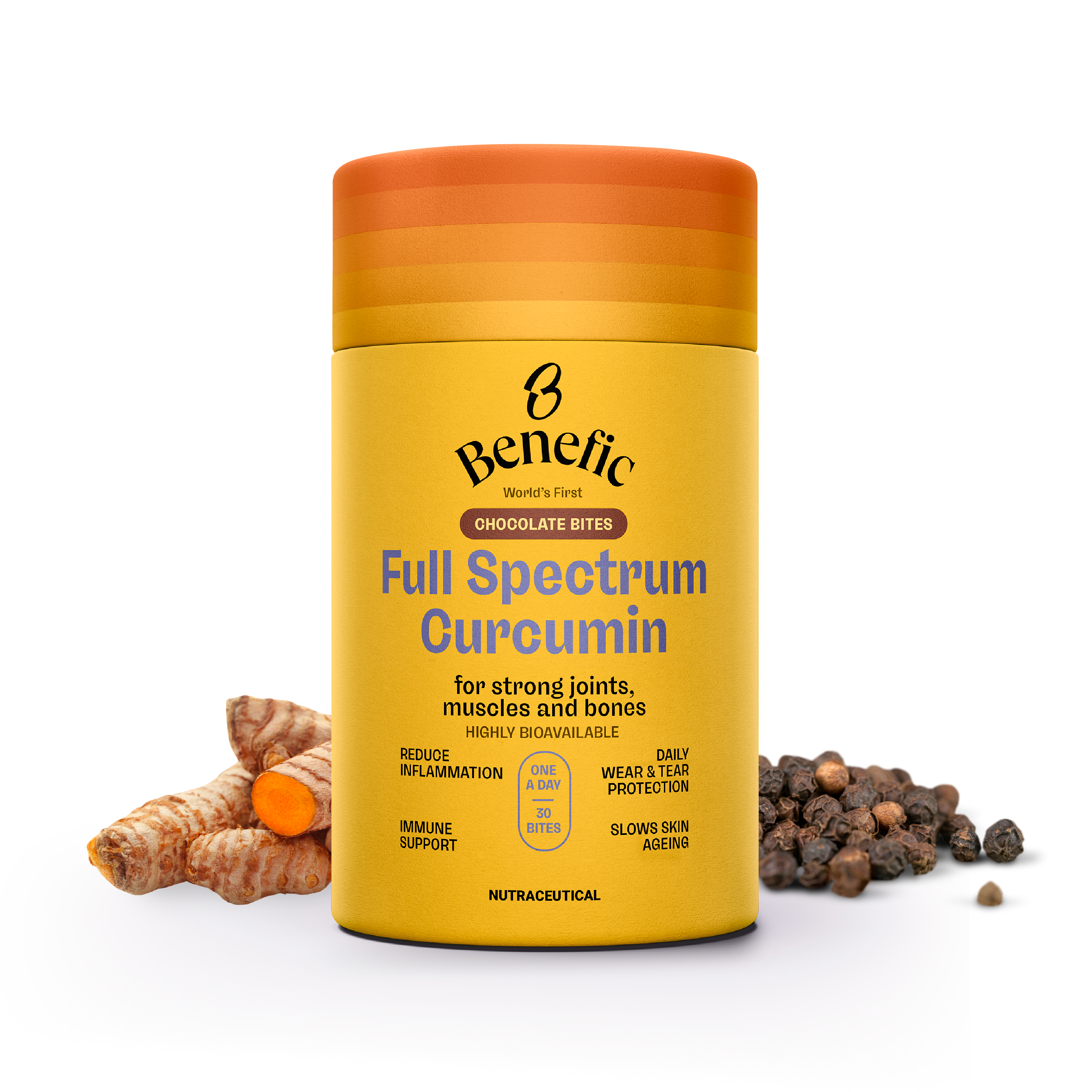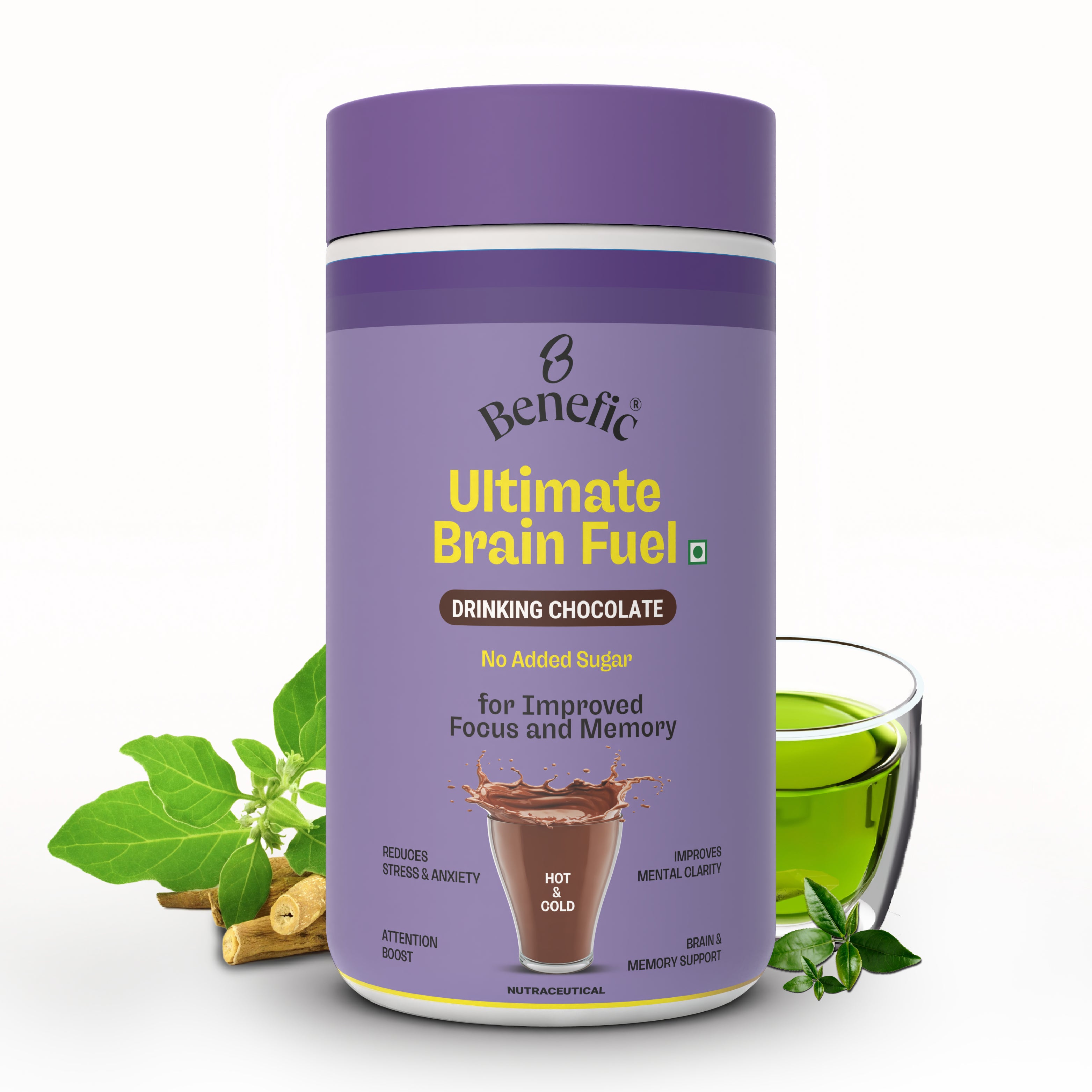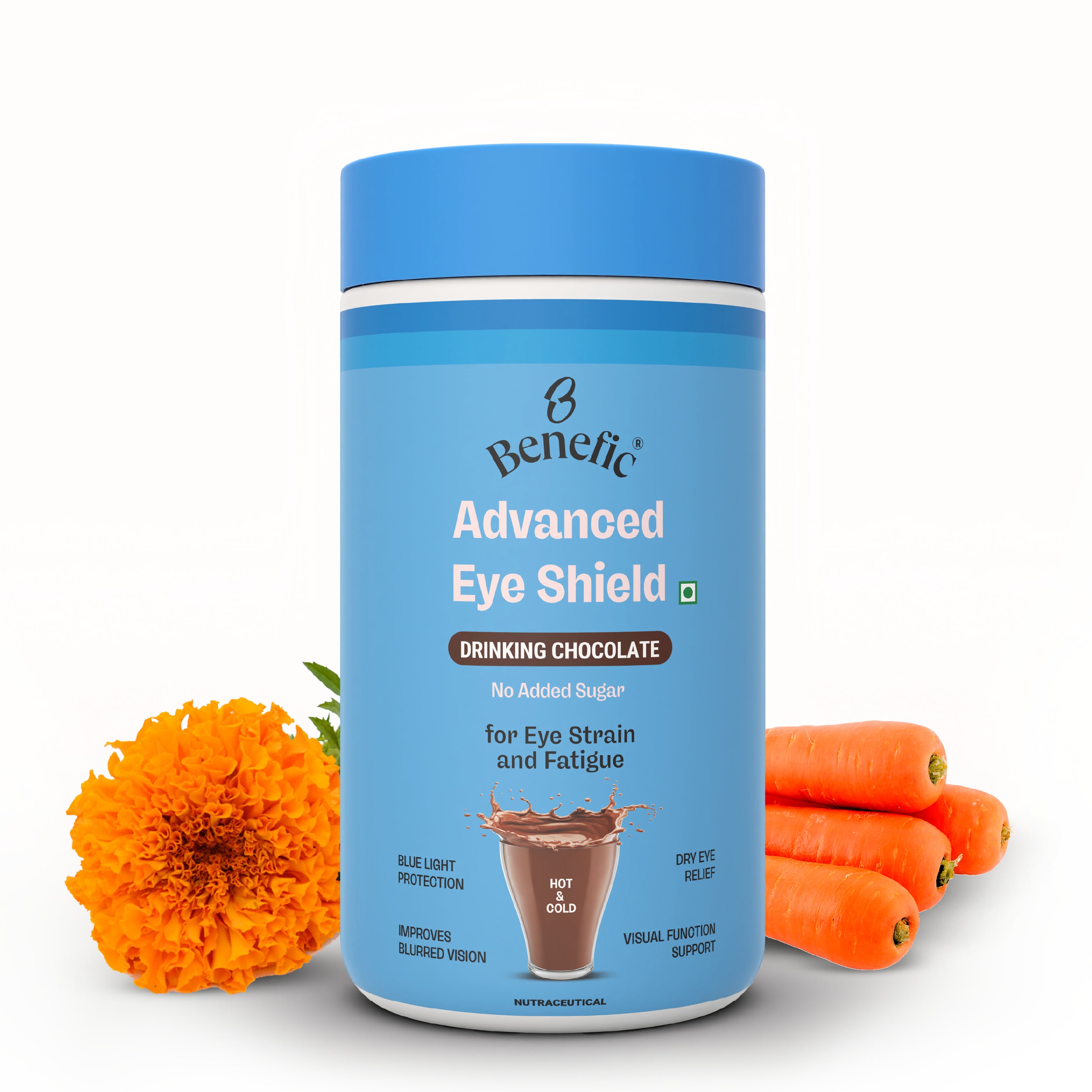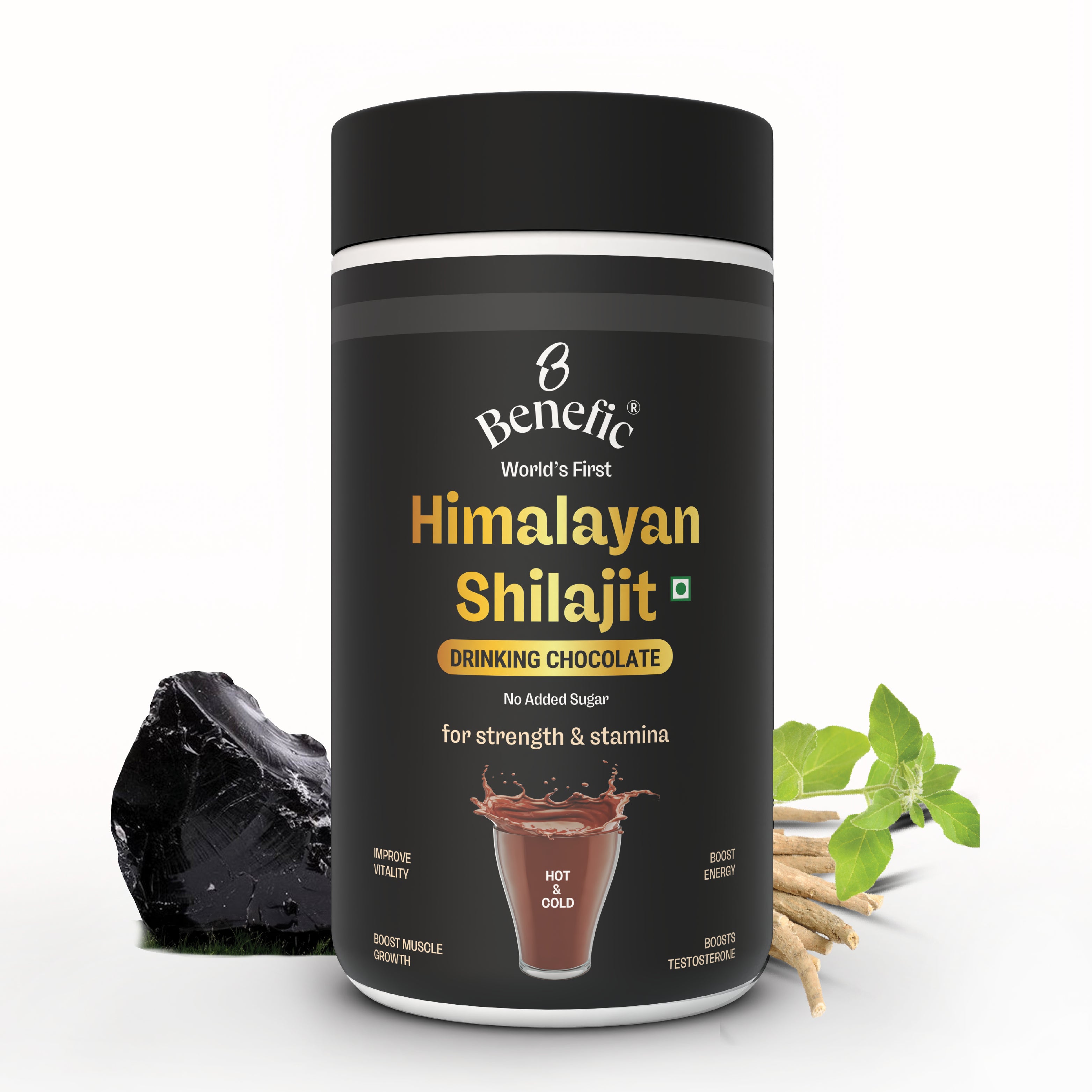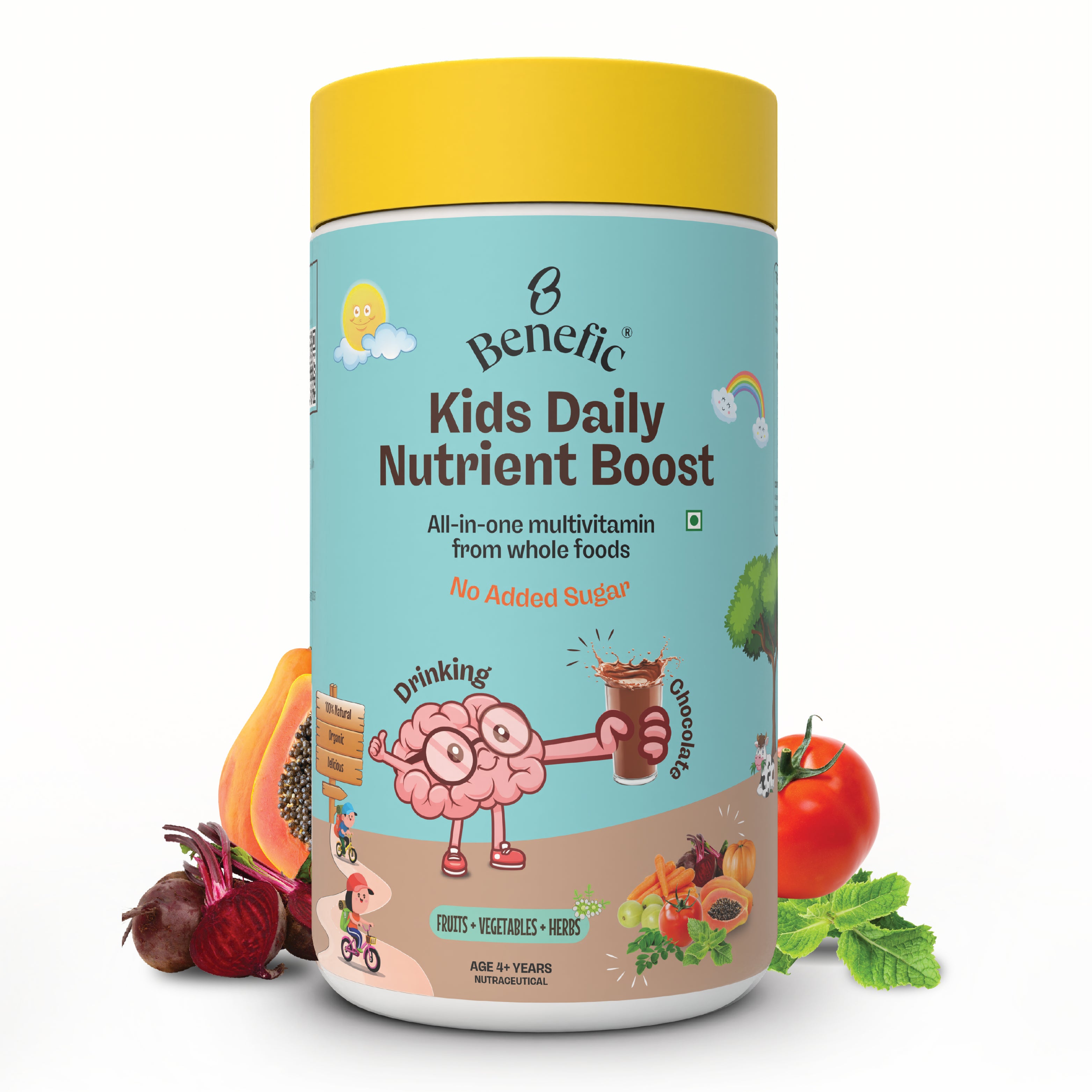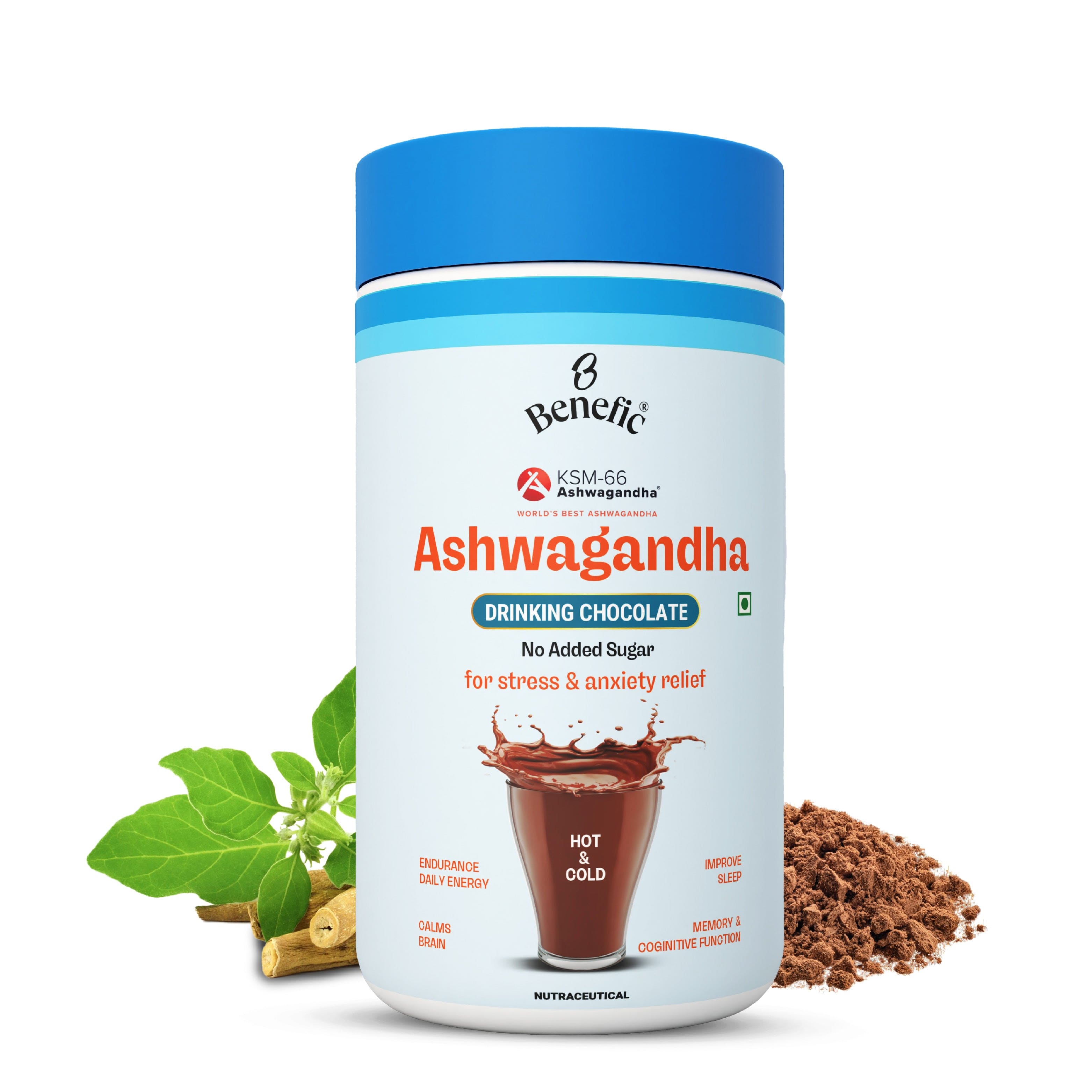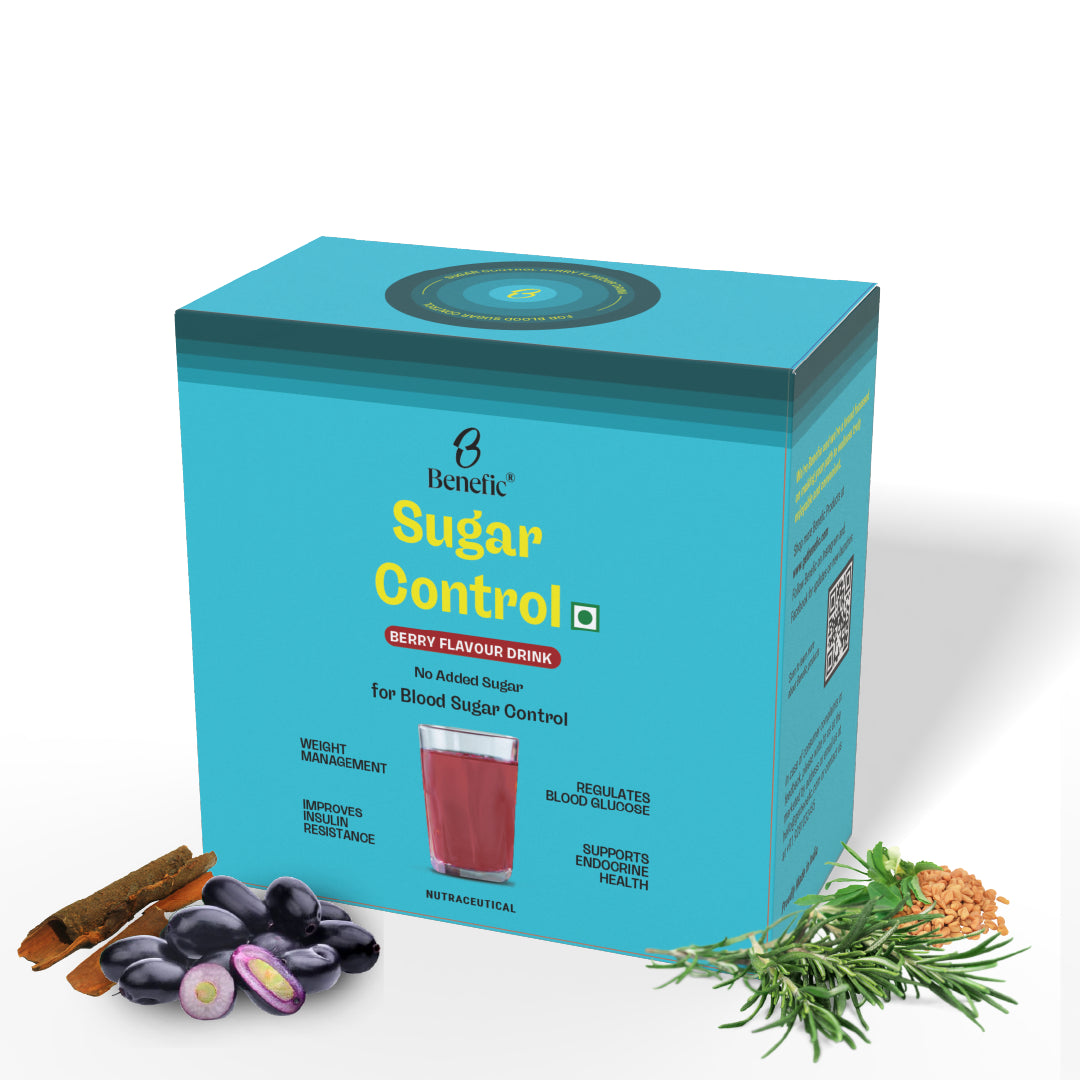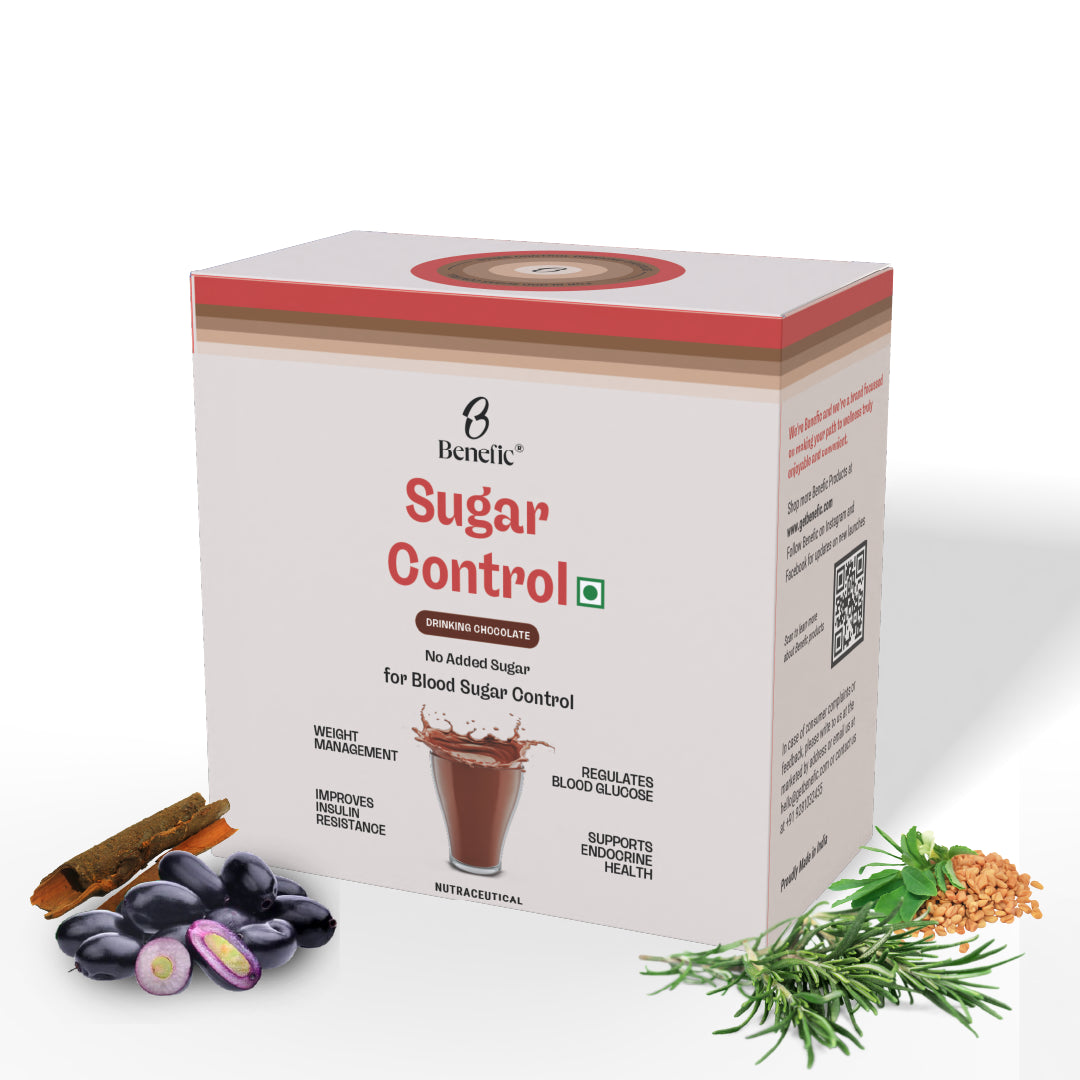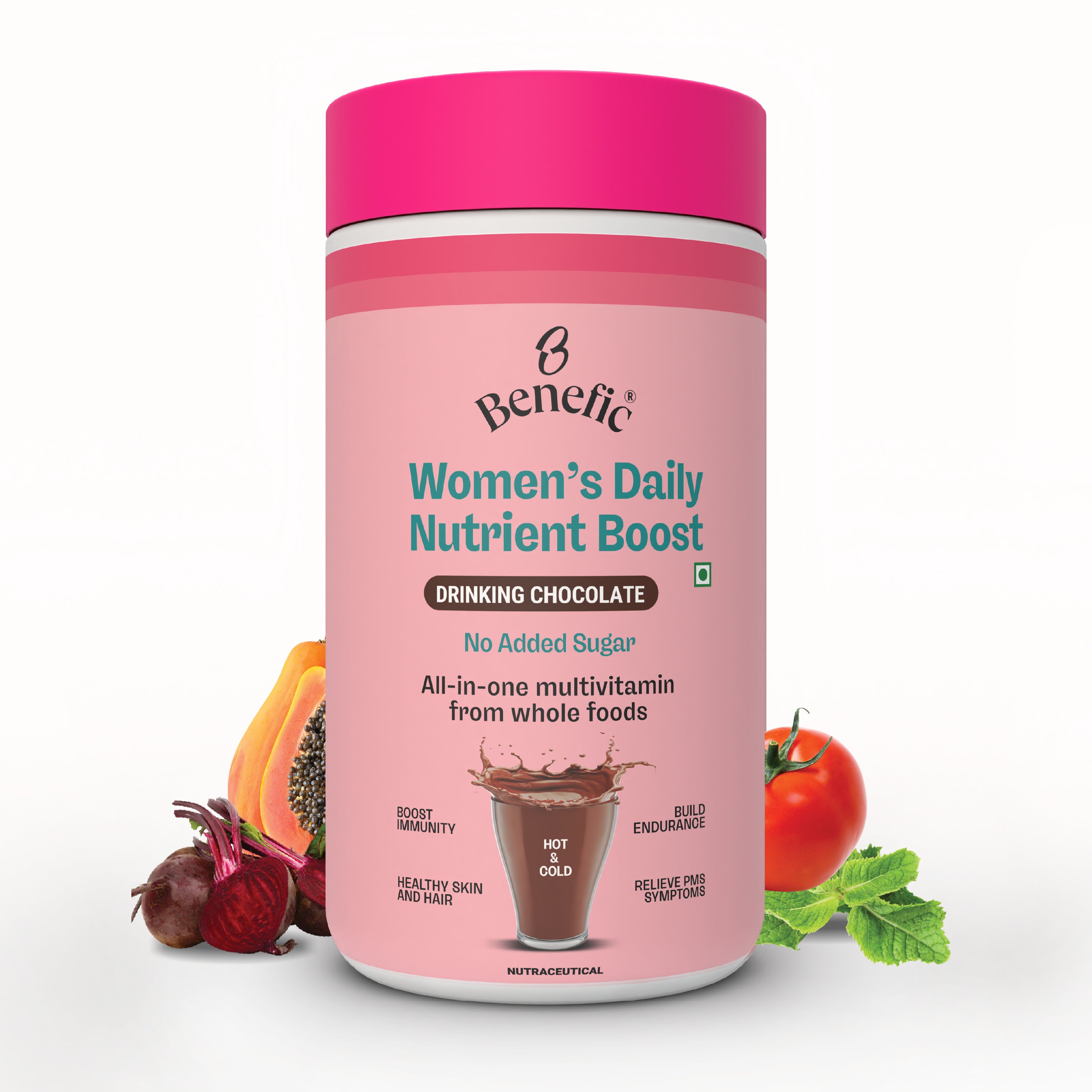Giving birth to a baby can be very tiring. Most time of postpartum goes into caring for newborns, and women get very little time to focus on their diet. A woman's body undergoes many changes in the postpartum period, also considered the fourth trimester. It recovers from all the changes that it underwent during pregnancy and delivery. Postpartum could be a time of excitement, tiredness, and baby blues.
Many new mothers try losing weight instead of focusing on recovery, nourishing the baby and their bodies. Losing weight becomes more complicated if you have underlying conditions like diabetes.
Your disturbed hormone levels could also make it difficult to lose weight, as excess estrogen due to pregnancy and cortisol from all sleep disturbances cause weight gain. But it is important to remember that it took nine months for a your body to make a baby, and it may need some more time to recover from the changes. Also, the weight loss should be gradual while breastfeeding than drastic.
Most mothers cut on carbohydrates for weight loss, which may not be a good idea postpartum. Carbs are essential for breast milk production, hormone regulation, and mental health. Moreover, several health agencies suggest 2,300 to 2,500 calories per day for breastfeeding women. But it is still possible to lose weight by consuming enough calories to manage physical and mental demands postpartum.
What to include in your postpartum diet?
Carbohydrates
Carbs are an essential source of energy that will help you keep going through the day. Don't hesitate to include carbs in your diet, as they may also help fill you with some B vitamins you may not find anywhere else. Brown rice, quinoa, steel-cut oats, whole wheat bread, and whole grains are good sources of carbs.
Proteins
Experts advise taking lean protein, which is low in saturated fats, in the form of lean chicken breast, tofu, legumes, salmon, and Greek yoghurt with every meal. Proteins help you stay satisfied for a long time and are very important if you start exercising. Moreover, some amino acids like glycine help reinforce weakened tissues of the pelvis, stomach, and breasts.
Fruits and vegetables
A well-balanced diet should always contain fresh fruits and vegetables packed with vitamins and fibre. Fibre will help deal with constipation, usually seen after delivery. Include leafy greens, broccoli, bell peppers, tomatoes, cabbage, carrots, and citrus fruits, apples, bananas, melons in your diet.
Fats
Just like carbs, fats are an essential energy source, and you should not be afraid to include them in your postpartum diet. Moreover, fats help in hormone production and absorption. Consume two servings of healthy fats like nuts, seeds, fatty fish, chia seeds, and avocado. However, consider cutting on trans fats and any form of saturated fats.
Fibre
As discussed above, fibre helps deal with constipation. Fill the plate with foods with high fibre like fruits and vegetables, whole grains, foods with insoluble fibre like cereals, nuts, potatoes, and beans and foods with insoluble fibre like chia seeds and oatmeal.
Water
Breastfeeding mothers could feel more thirsty than usual and as soon as they begin breastfeeding. It is because the hormone oxytocin released during breastfeeding triggers thirst.
Breast milk comprises almost 87% water. So a breastfeeding mother should stay hydrated throughout the day. Experts recommend drinking around 3 litres of water daily, but it is always best to trust your thirst. Moms can make drinking water fun by infusing it with fruits or cucumbers. Also, moms should gauge their hydration through the colour of their urine. Darker-coloured urine indicates dehydration.
Iodine
A mother's iodine deficiency can make her child iodine-deficient, as iodine passes through breast milk. Iodized salt is the easiest way to consume iodine.
Iron
One in five women becomes anaemic during pregnancy. Vaginal bleeding for almost six weeks after delivery can also make women iron-deficient. Including iron-rich foods like spinach, red meat, dark green vegetables, and dried fruits could help. Taking vitamin C-rich foods is also vital as it improves iron absorption.
Omega-3 fatty acids
DHA is an omega-3 fatty acid essential for developing an infant's brain, eyes health, and central nervous system. Tuna and salmon are rich in DHA. It can also be taken as a fish oil supplement.
Vitamin D
The amount of vitamin D in breast milk depends on the amount of vitamin D in moms. Infants need vitamin D for their bones and dental health. Although sunlight is the best source of vitamin D, it can also be taken through diet like eggs, fortified milk and juices, salmon, and sardines.
Galactagogues
Galactagogues are substances that help promote or improve lactation. Fenugreek is believed to be the best plant-based galactagogue. Though there is little evidence of their effectiveness in enhancing lactation, and many women testify that they help. Yams, beets, leafy greens, carrots, green papaya, and fennel seeds are believed to be the best foods to improve lactation.
Prenatal vitamins
Breastfeeding mothers should take their prenatal vitamins and other postnatal vitamins if a doctor suggests.
What to exclude from your postpartum diet?
Experts recommend cutting on caffeine, minimizing empty calories like soft drinks, desserts, and fried foods, avoiding fish with high mercury content, raw fish, unboiled eggs, cold cuts, and unpasteurized cheese, and limiting alcohol intake while breastfeeding.
When to start exercising postpartum?
You can start exercising after your doctor gives a green signal during a six-week follow-up. Start with walks, breathing exercises, and light stretching. Exercising could elevate mental health and energy levels, but remember, your body could be different after birth.
Bottom line
Don't rush into cutting calories from your diet to lose postpartum weight. Instead, focus on a well-balanced diet with carbohydrates, proteins, fats, fibre, fruits and vegetables.
Always remember to be kind to yourself. Give your body the time and nourishment it needs to heal. New moms should focus on their mental health, energy levels, quality of diet, sleep, and recovery rather than losing weight.

